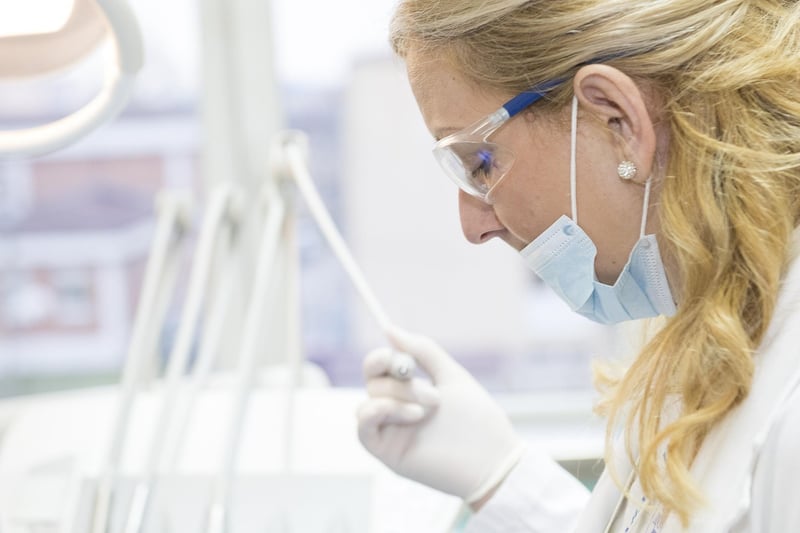Clinical Pilates
The Importance of Core Strength and Flexibility in Clinical Pilates

Understanding Core Strength and Flexibility
Core strength and flexibility are crucial components of overall fitness and well-being. The core muscles, including the abdominals, back muscles, and pelvic floor, provide stability and support for the spine, pelvis, and shoulder girdle. When these muscles are strong and flexible, they help improve posture, prevent injuries, and enhance performance in various physical activities.
Benefits of Clinical Pilates
Clinical Pilates is a specialized form of Pilates that focuses on rehabilitation and injury prevention. By targeting specific muscle groups and emphasizing core strength and flexibility, Clinical Pilates can help individuals improve their posture, balance, and overall body awareness. It is often used as a therapeutic exercise modality for individuals recovering from injuries or managing chronic conditions.
Key Features of Clinical Pilates
- Individualized programs tailored to each person's needs
- Emphasis on proper alignment and technique
- Use of specialized equipment such as reformers and stability balls
- Progressive exercises to challenge and improve core strength and flexibility
Enhancing Core Strength and Flexibility with Clinical Pilates
Whether you are recovering from an injury, managing a chronic condition, or simply looking to improve your overall fitness, Clinical Pilates can be a valuable addition to your wellness routine. By focusing on core strength and flexibility, you can enhance your body's stability, mobility, and resilience, leading to better physical performance and a reduced risk of injuries.
Consult with a qualified healthcare provider or a certified Pilates instructor to learn more about how Clinical Pilates can benefit you and help you achieve your health and fitness goals.
